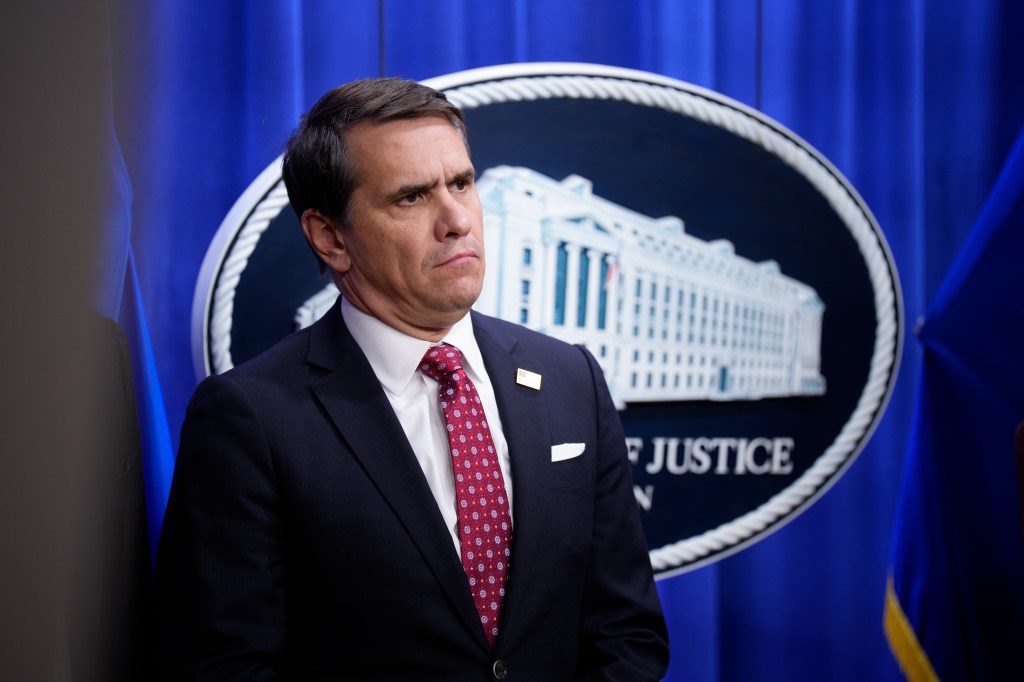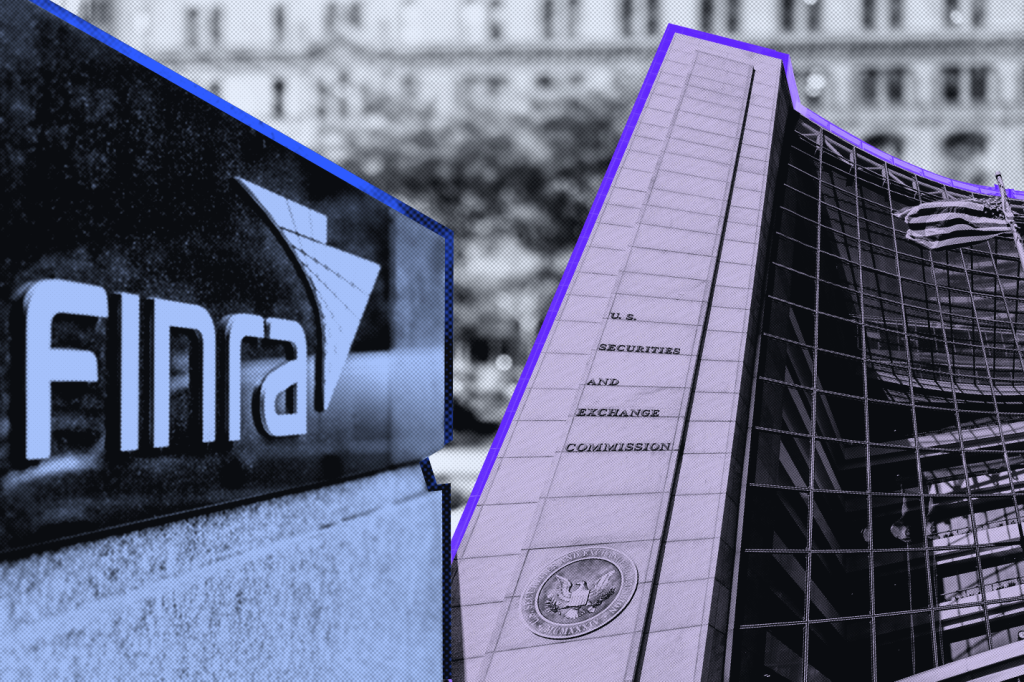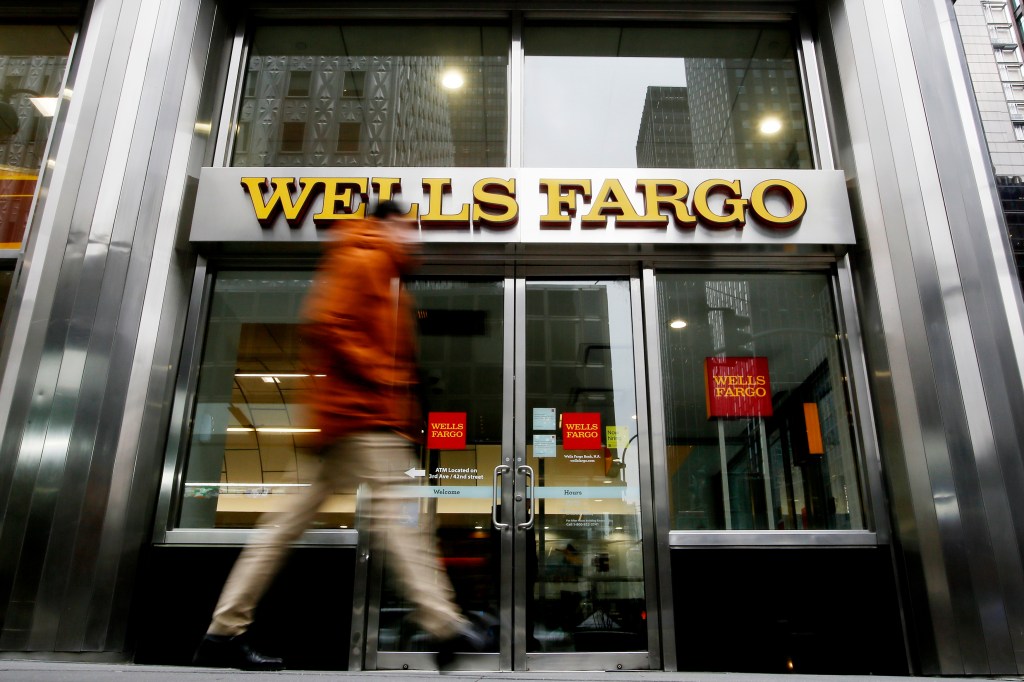The former head of Wells Fargo & Co’s community bank, Carrie Tolstedt, has agreed to pay a $3m penalty stemming from charges brought in 2020 for her role in allegedly misleading investors, the SEC said Tuesday.
In March, Tolstedt pleaded guilty to obstructing regulators who tried to examine allegations of sales
Register for free to keep reading
To continue reading this article and unlock full access to GRIP, register now. You’ll enjoy free access to all content until our subscription service launches in early 2026.
- Unlimited access to industry insights
- Stay on top of key rules and regulatory changes with our Rules Navigator
- Ad-free experience with no distractions
- Regular podcasts from trusted external experts
- Fresh compliance and regulatory content every day

















